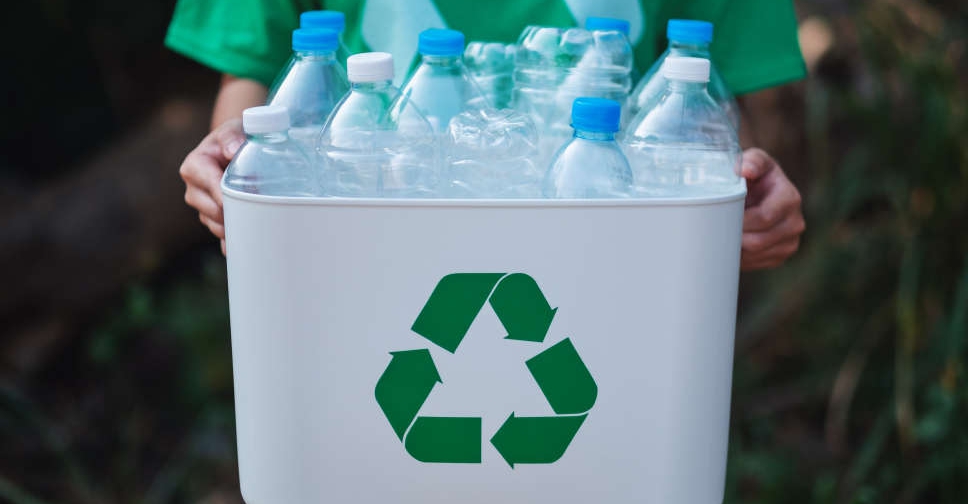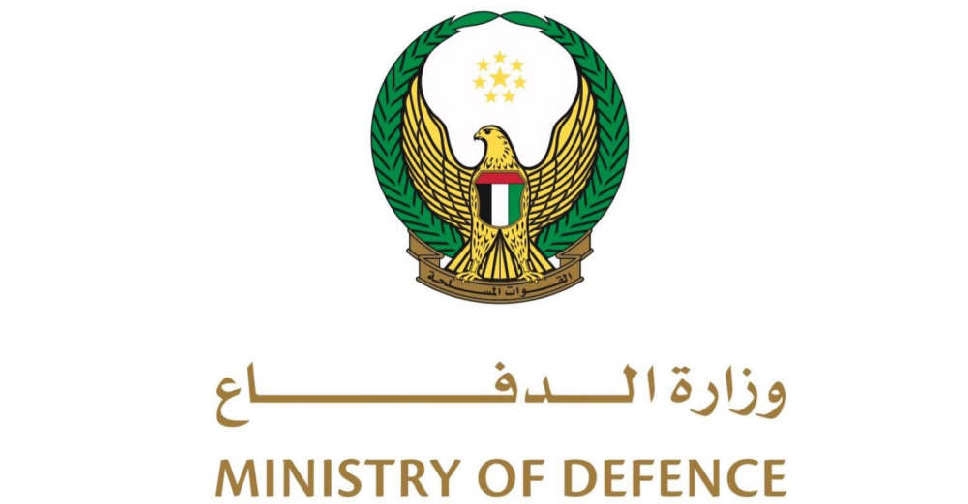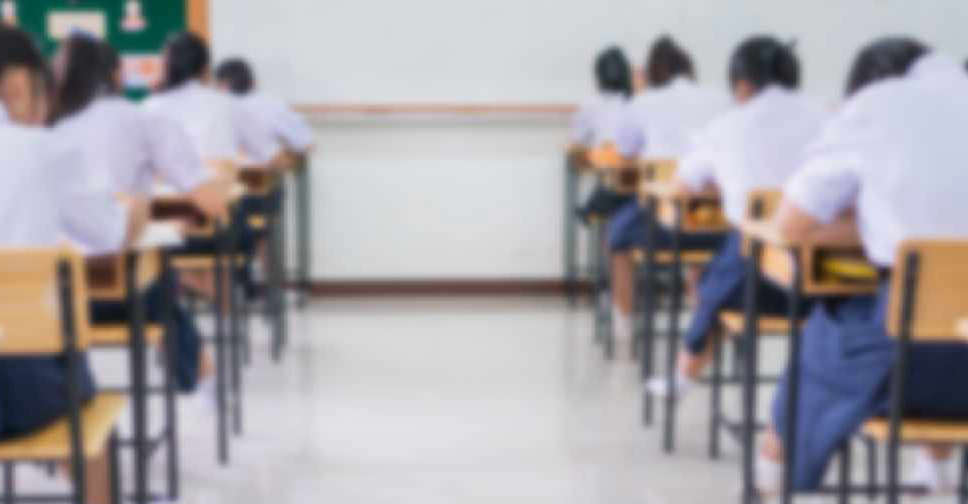
A company in the UAE has been using environmentally-friendly technology to transform used plastic water bottles into sustainable clothing.
DGrade buys up plastic waste and encourages businesses, organisations and schools to collect plastic water bottles which they then recycle into a polyester-style yarn, which can be woven or knitted to produce more than 200 types of fabric for use in the clothing industry.
The company has been striving for all of us to embrace recycling as much of our waste as possible and is welcoming measures being brought in by the Dubai government to encourage us to be more environmentally conscious.
Emma Barber, Managing Director of DGrade, told the ARN News Centre that the recent introduction of a fee for single-use plastic bags in shops should have an impact.
Emma said reducing the overall consumption of all resources has to be a good thing and all initiatives brought in to help change human behaviour must be encouraged.
DGrade focuses on working with plastic to use it in the manufacturing of sustainable clothing and Emma highlighted that it has many benefits, if used responsibly.
Simply Bottles is a DGrade initiative that works with businesses, schools, events and other organisations to increase recycling rates of plastic water bottles.
The project aims to build recycling into everybody's daily lives by facilitating collection and engaging clients through workshops and events to promote sustainability.
The bottles collected then go towards the production of their Greenspun yarn.
Emma said their programme also helps to instill a sense of personal responsibility when it comes to recycling.
Dgrade uses Greenspun yarn to produce customised clothing and accessories including shirts, trousers, jackets, caps, bags, scarves and more.
They can produce a wide range of custom fabrics such as jersey, twill, denim, poplin, chiffon and canvas, suitable for products ranging from sportswear to leisurewear and corporate wear, all from recycling PET plastic, the most common type of plastic used in containers for liquids and foods, which Emma Barber said is also relatively cheap to recycle.




 Dubai strengthens smart monitoring, community reporting
Dubai strengthens smart monitoring, community reporting
 MOD send UAE residents missile and drone alert from Iran, Thursday evening
MOD send UAE residents missile and drone alert from Iran, Thursday evening
 CBSE cancels class 10 board exams in UAE, class 12 test postponed
CBSE cancels class 10 board exams in UAE, class 12 test postponed
 UAE, EU Parliament discuss Iran attacks in region
UAE, EU Parliament discuss Iran attacks in region
 UAE, Bangladesh discuss Iran attacks
UAE, Bangladesh discuss Iran attacks







